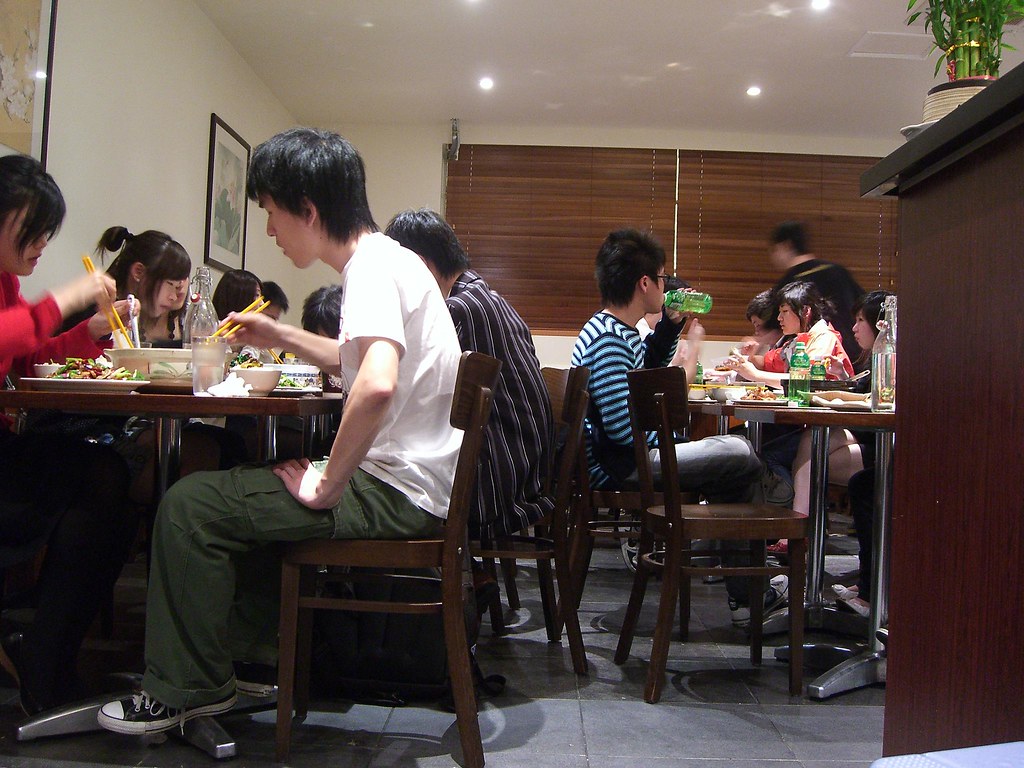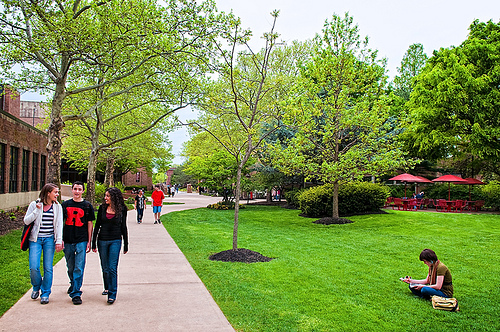Difficulties of studying abroad
Are you going to enter to the foreign university? Do you want to get high-quality higher education in Europe, the USA, Canada or even Asia? It is necessary to be morally prepared for the fact that every second student has difficulty adapting in the new conditions of life. We are going to tell about the alleged difficulties – and then it will be much easier to cope with them! One of the most common difficulties abroad is the basic transportation. There is a beneficial solution. You can use car rental in New York JFK International Airport if you are visiting the USA.
The most frequent difficulties for the modern students are:
- Associated with language;
- Related to academic performance;
- Associated with social adaptation;
- Associated with cultural adaptation.

-
Language difficulties
Of course, precisely the language adaptation inspires the greatest fears. The world seems to be turned upside down when you hear unfamiliar language everywhere. As a rule, language difficulties naturally result in difficulties with academic performance.
Of course, before the trip every conscious student learns its language. In most countries, an applicant, who has not passed the language exam (for example, the well-known TOEFL or IELTS English tests) will not be accepted. However, at first, a foreign student may have an elementary difficulty with even going to the store and buying soda. Fear of being misunderstood and uncertainty in pronunciation could be solved in one week. The environment helps in it: when you listen to English (German, French, Polish or Italian), in the shortest possible time, you start to understand and use it yourself.
How to avoid the problem with language? Even when attending language courses before traveling abroad, pay maximum attention to speaking practice. It is great if your family speaks a foreign language: you can ask your relatives to talk to you in English- only one hour per day, for example. The same can be arranged in your company of friends.

-
Academic difficulties
The first academic years are always the most difficult. Many basic subjects are taught: it is important to assimilate the basic information in order to add new facts on fundamental knowledge. Although in many foreign universities, the schedule of studies is more flexible than in domestic ones, you should not deceive yourself. When making up a schedule for yourself, you need to be more responsible for time left rest and leisure. Perhaps it will be necessary to attend some lectures for the second time.
How to avoid this problem? Despite the huge and alluring choice of entertainment on campus, leave to your study 20% more time than you would prefer to leave. Otherwise, you will have to study for a year (or even more) longer, and this is an extra money and time.

-
Difficulties with social adaptation
Your close friends and classmates are far away. All you meet is new faces, and a new language environment. In fact, people meet the least difficulty precisely with the social adaptation. As a rule, students of large international universities are more open and friendly. In Western countries, they smile more often and help with the slightest difficulty at the first request.

How to avoid the problem with social adaptation? On campus, parties are constantly organized for the newcomers and other students. It is important to be active, to study the university’s schedule of events and to attend them.
Of course, some countries have their own traditional features. It worth reading about them before entering the country. It happens that even your usual gestures can be interpreted incorrectly in different country. This information should be clarified in advance.
-
Difficulties with cultural adaptation
Perhaps, these are the rarest difficulties: if a student has chosen a particular country for higher education, she or he is supposed to have clear notion about its life and traditions. However, before the trip, it is worth refreshing your knowledge about the culture of the country where the studying is expected. Especially if it has more strict religious practices or radically different legislation than in your country. A striking example from practice: in Poland, for crossing the road to a red light, even in the absence of cars in sight, you can be fined for a large sum. The road patrol is very strictly monitoring the observance of this rule, and there are dozens of similar examples.
How to avoid this problem? It is very simple: do not be lazy to read about the country where the years of your studies will take place. Moreover, it is desirable to go deep in not only life and traditions, but also the law system. After all, as you know, “ignorance of the law is no excuse”.
The absolute majority of students face a number of difficulties after moving to a foreign country. Indeed, a change of atmosphere, a distance from parents and friends, the beginning of an independent life – all this is connected with stress. How to avoid it? It is only necessary to prepare in advance for the difficulties that you may face.












